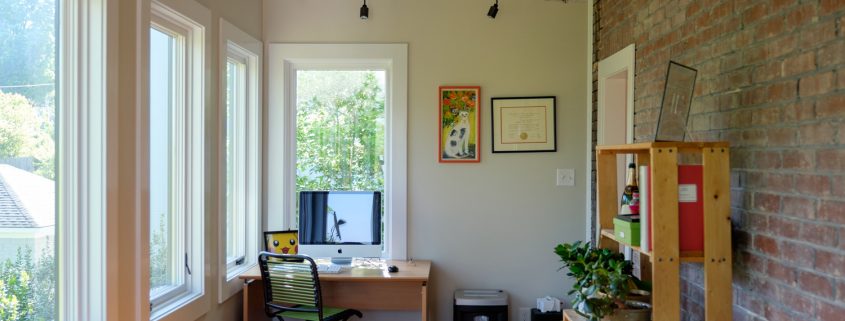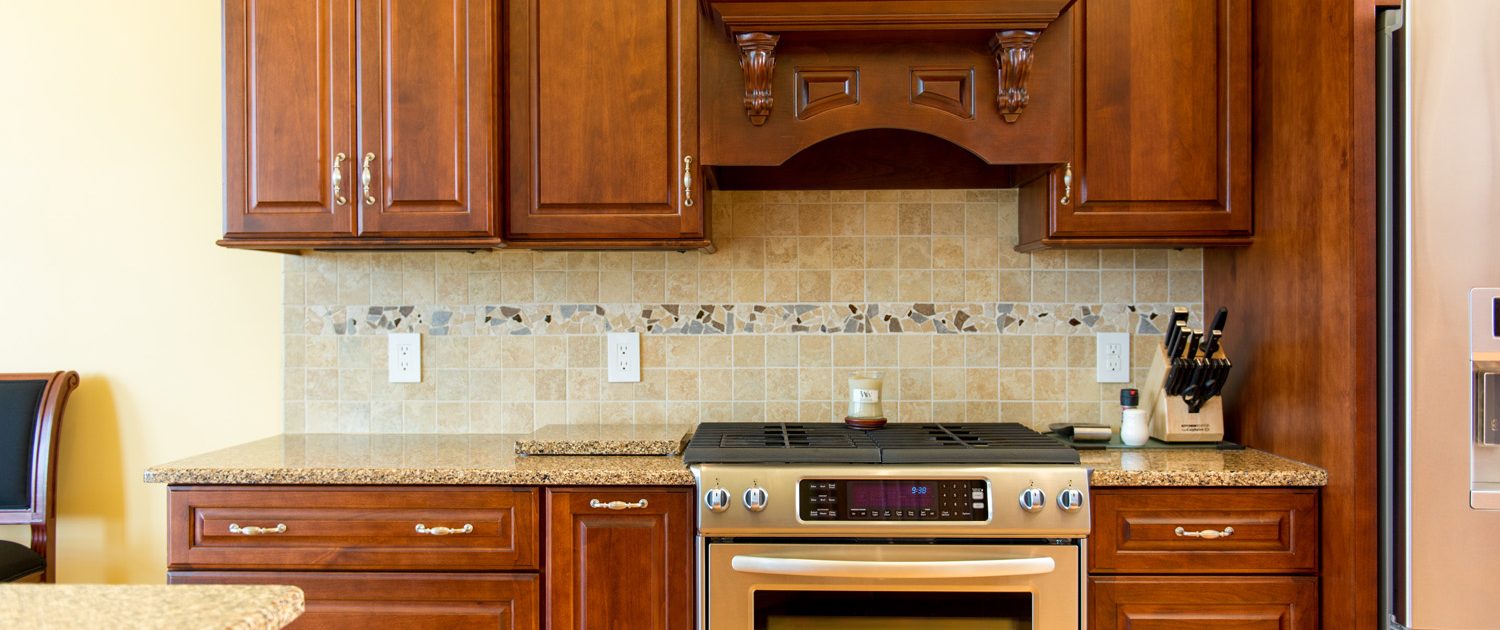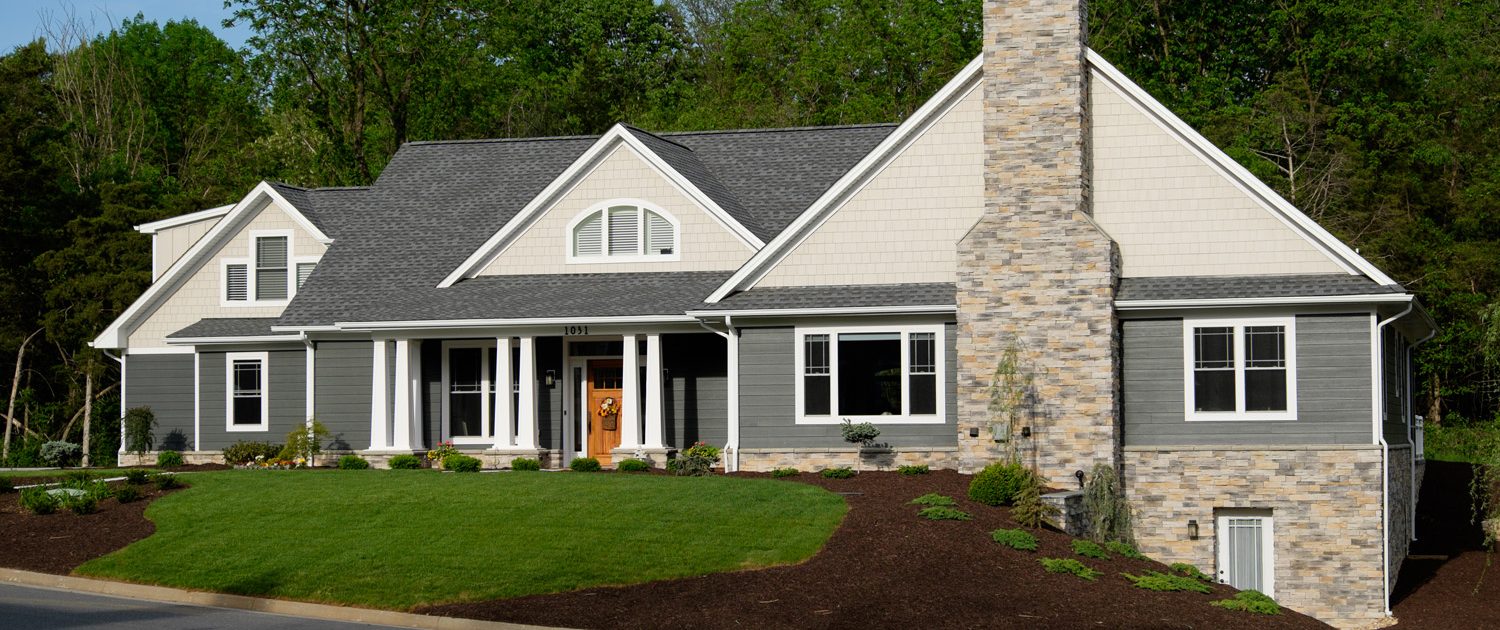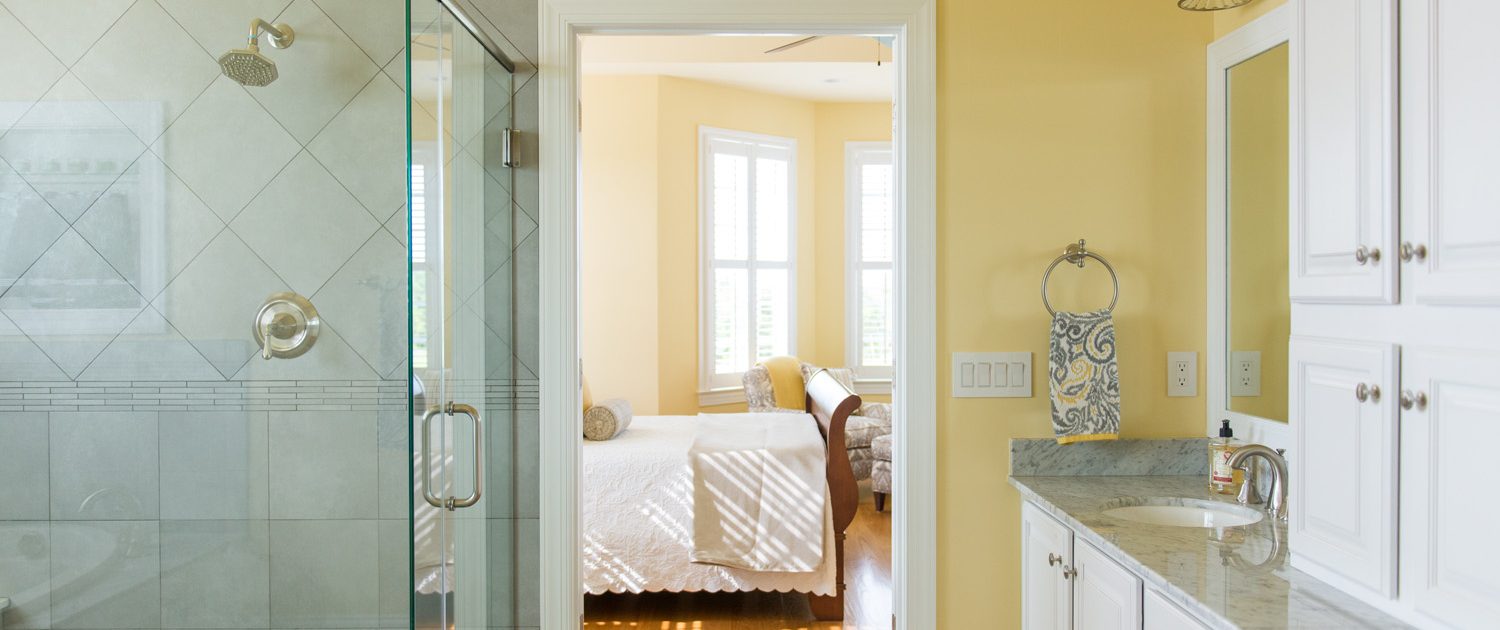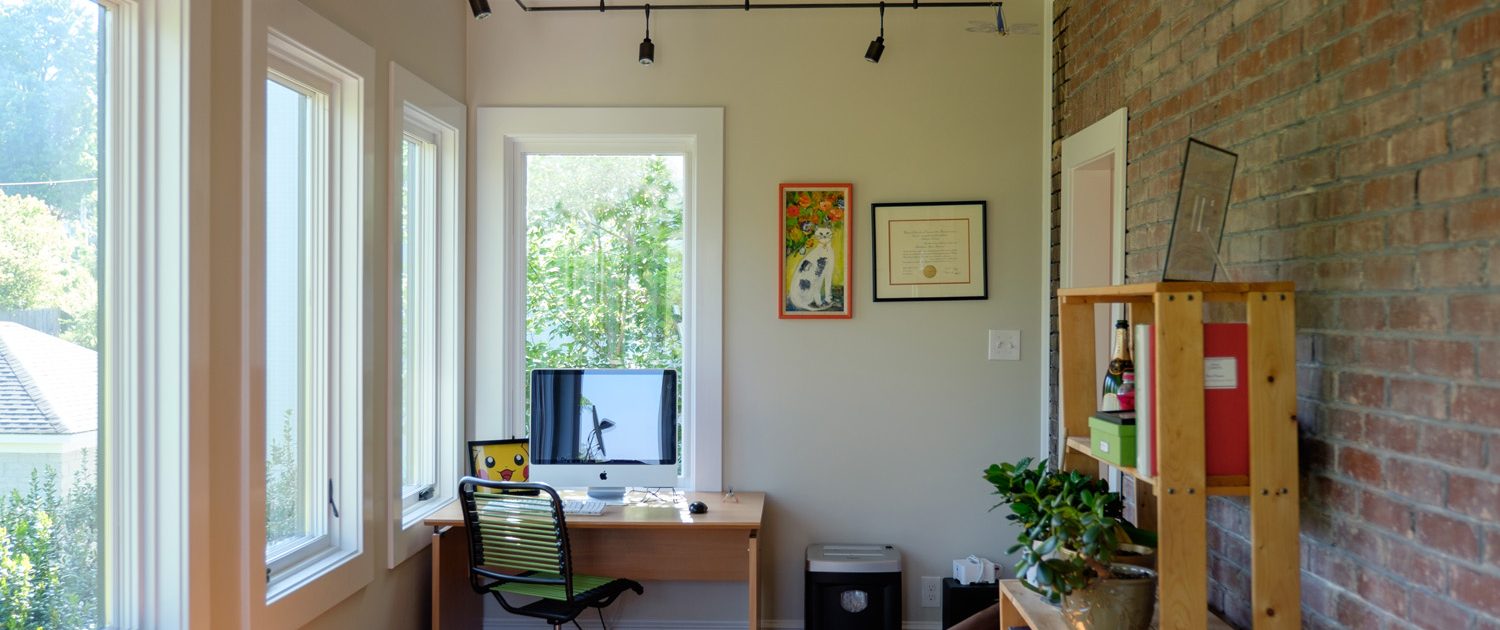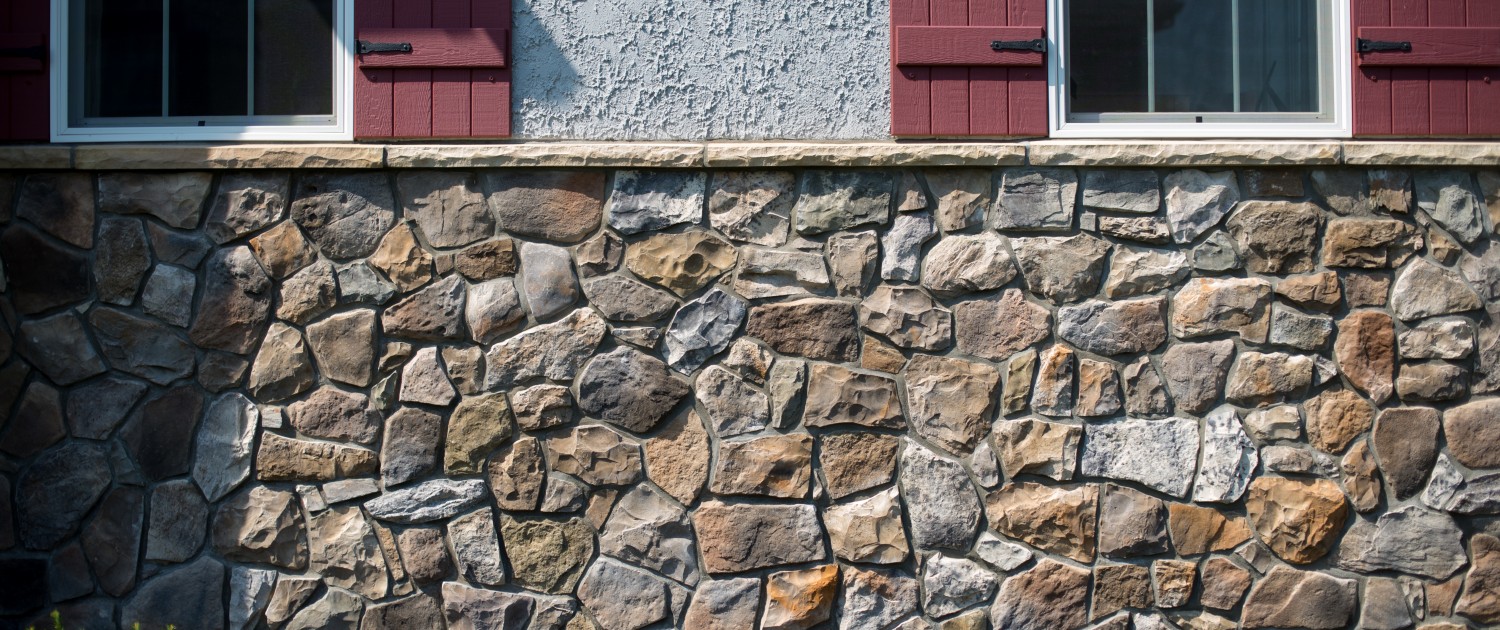Elephant In The Room: How Much Profit Does Your Builder Make?
Money is a touchy subject. Parents struggle to find ways to talk about money with their kids; money is one of the largest sources of stress between spouses, invitations to serve on fundraising and finance committees in churches, businesses and non-profits are often met with the sound of chirping crickets. Money is a tender topic.
But if you’re considering building a new custom home or remodeling your existing home, you must get comfortable talking money with your custom home contractor. Many customers want to know what their custom home contractor will charge, but many are also too afraid to ask. Here’s some insight into this tender topic:
The best custom home builders have good systems of explaining costs and profits. If your custom home contractor candidate doesn’t seem to know how much he makes, or how much he will charge, chances are he doesn’t truly understand the costs of your project, which is a ripe environment for changes and budget overages.
The best custom home contractors are also not shy about talking about profits and costs, and can articulately explain the difference between hard costs and soft costs, gross profit and net profit, and markup vs margin. Top custom home builders are also comfortable explaining that building your home is a business, not a hobby, and that the profits of their business allow them to provide a truly customizable experience for their customers. Custom home contractors who make money are better positioned to service your warranty and provide ongoing maintenance and support than builders who operate with “no overhead” (for more on the idea of no overhead, see our blog post entitled No Overhead = No Way)
The truth is, custom home contractors have different ways to make a profit on construction projects, and there are many correct ways to charge for services and make a profit as well. Most custom home contractors use a version of a “cost plus” or “fixed price” contract. (for more on contract formats, see our blog post entitled: Contracts don’t have to make you contract”). In either format, the custom home contractor marks up the materials and labor for the project by a percentage of the total costs. The total of the markup over the entire project = the contractor’s margin on the job. In a cost plus contract, the customer sees the constractor’s margin, in a fixed price contract the customer sees one total price for the construction of their new home.
Custom home contractor’s margin varies based on the type and size of the project, the proximity of the project to the Contractor’s office or home, and the type of forces the Contractor employs. Custom home contractors who have their own employees installing carpentry, trim, drywall, cabinets, etc, can often work for a lower margin, because they are also making a profit on the wages of their workers. Contractors who sub contract large portions of the work tend to charge higher rates, though the total net margin is usually very similar in both methods.
In general, custom home contractors who participate in peer groups like the NAHB 20 Club program, are better informed and educated about profits and job costs, than those who do not. Talk to your custom home contractor about money early in the interview process. Instead of choosing the lowest margin contractor, work to understand his methods, and his business, and hire a contractor who knows his business and gives his customers transparency and accountability with the money.
For further insight into sensitive topics, see our other Elephant in the room blog posts, entitled Elephant in the room 1: Budget, and Elephant in the room 3: Change Orders

